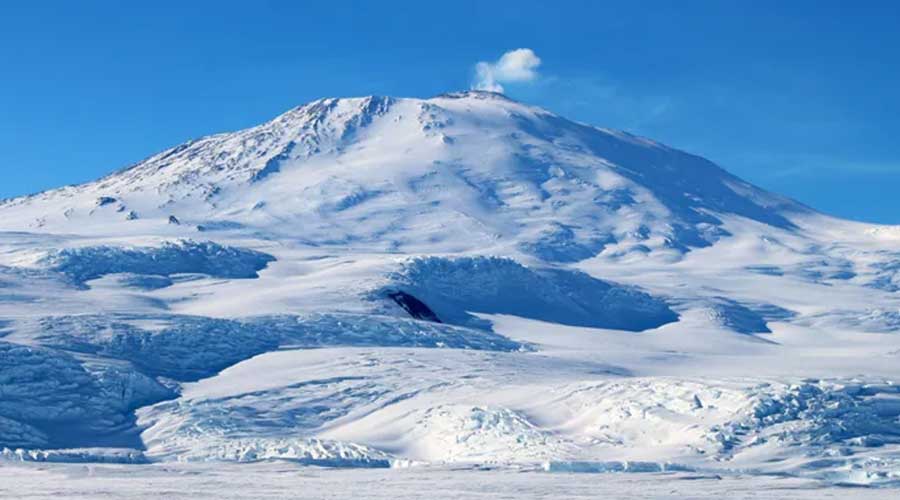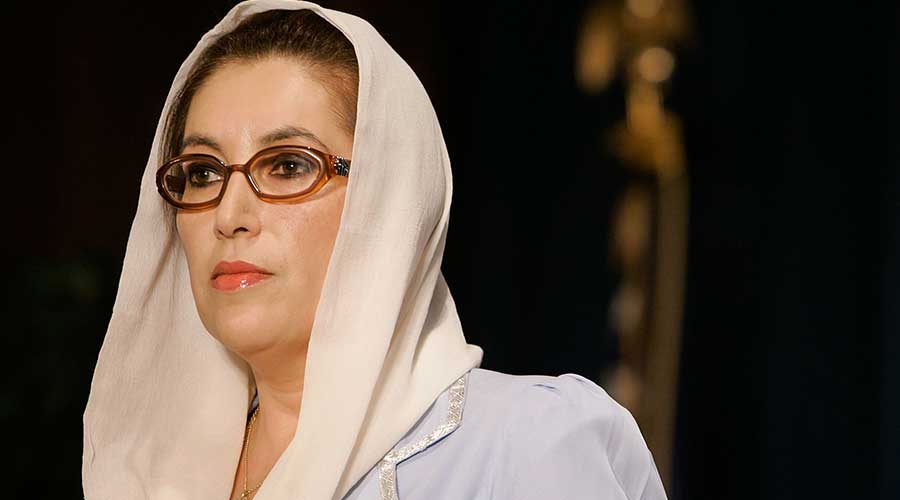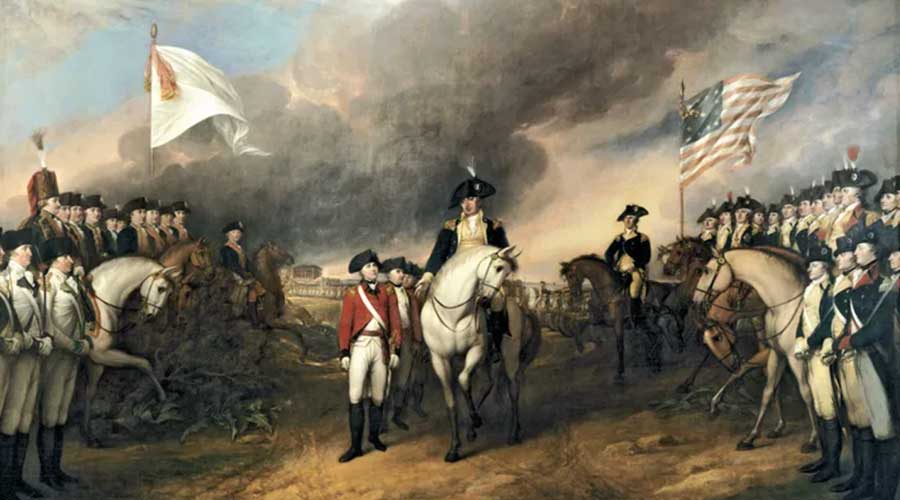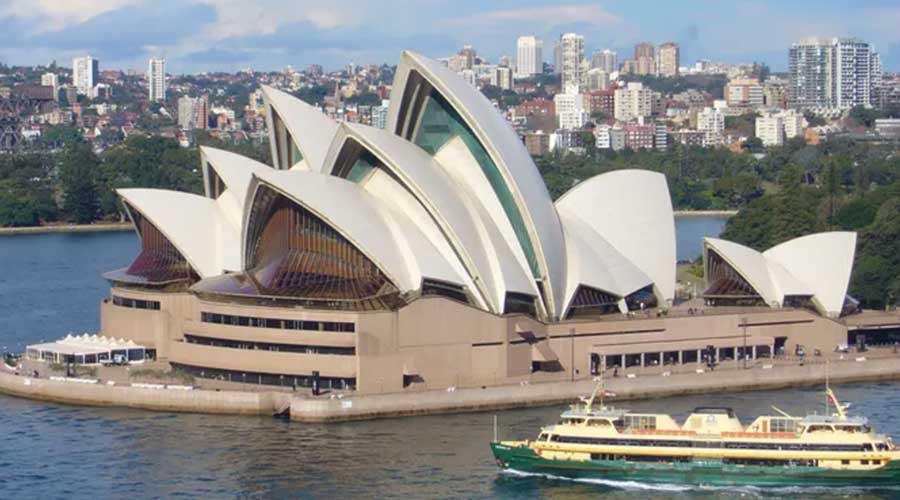BOOK OF THE WEEK
- 13 Jan - 19 Jan, 2024

On this day in 1959 a final conference on the Antarctic Treaty convened in Washington, D.C., and, after six weeks of negotiations, the treaty was signed by 12 countries, preserving the continent for free scientific study.

After the French Revolution began, Marie-Antoinette, queen consort of Louis XVI, was targeted by agitators who, enraged by her extravagance and attempts to save the monarchy, ultimately guillotined her on this day in 1793.

On this day in 1979, Mother Teresa, founder of a Roman Catholic order of women dedicated to the poor and particularly to the destitute of India, was named the recipient of that year's Nobel Prize for Peace.

After eight years of self-imposed exile, Benazir Bhutto returned to her home country, and hours later she was nearly killed when her motorcade was bombed in Karachi; she was assassinated in December.

On this day in 1781, Britain's Lord Cornwallis surrendered at Yorktown, Virginia, handing a huge victory to American General George Washington and effectively ending the American Revolution and assuring America's independence.

Australia's Sydney Opera House, designed by Danish architect Jørn Utzon, was opened by Queen Elizabeth II on this day in 1973.21.

On this day in 1520, explorer Ferdinand Magellan and three Spanish ships entered the strait later named for him, sailing between the mainland tip of South America and the island of Tierra del Fuego toward the Pacific Ocean.
COMMENTS